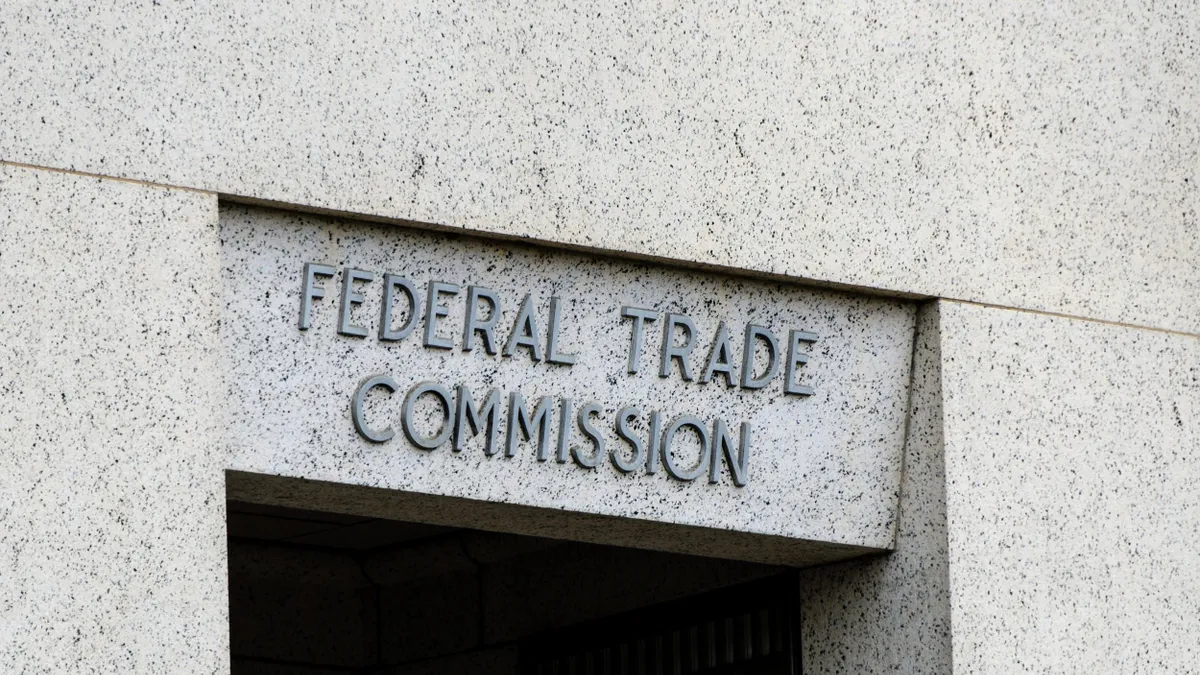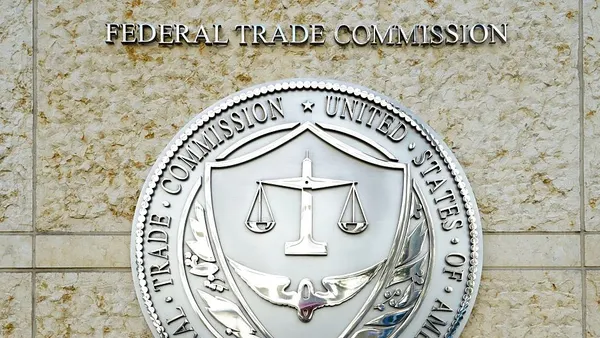Dive Brief:
- The Federal Trade Commission’s lawsuit against major pharmacy benefit managers can move forward after a judge declined to halt the case.
- In September, the FTC sued Caremark, Express Scripts and Optum Rx over business practices that regulators said were artificially driving up the cost of insulin. The three PBMs, which are respectively owned by CVS, Cigna and UnitedHealth, asked a Missouri district court two months later to block the agency’s suit, calling it unconstitutional.
- On Tuesday, the judge rejected the PBMs’ request as lacking sufficient merit.
Dive Insight:
The FTC’s lawsuit against Caremark, Express Scripts and Optum Rx — known as the “big three” for their outsized control of the U.S. PBM market — hinges on allegations the drug middlemen favor more expensive insulin products to gain higher rebates in negotiations with drugmakers.
That preference drives drugmakers to increase the list price of their medications, raising costs for payers and consumers down the line, according to the FTC.
Caremark, Express Scripts and Optum Rx deny their practices contribute to higher prices, and characterize the FTC’s suit as part of a crusade by the antitrust regulator against the PBM industry.
The three companies also claim that how the FTC lodged its suit — in an in-house administrative court, instead of a federal one — is unconstitutional, as it allows the agency to act both as a prosecutor and a judge.
Judge Matthew Schelp of the U.S. District Court for the Eastern District of Missouri was not convinced. In an order filed Tuesday, Schlep wrote that the PBMs’ arguments don’t have enough merit to dismiss the case entirely at this stage.
The PBMs also haven’t shown irreparable harm to warrant a preliminary injunction and precedent shows the FTC’s adjudicative functions don’t deny due process, Schelp found.
An injunction now would be “against the public’s interest,” Schelp said.
“Here, the Commission found it proper to bring in-house proceedings against Plaintiffs for what the Commission alleges are Plaintiffs’ unfair methods of competition — something Congress directed them to do ... Thus, Plaintiffs’ request is one to stop the execution of federal law absent a showing of its unconstitutionality,” the judge ruled.
Schelp’s order is a setback for the PBMs and their parent companies, which earn billions of dollars in profits annually from the drug middlemen.
The FTC under the Trump administration could take a different tack when it comes to policing the industry, though it’s difficult to forecast the new administration’s approach.
The Biden administration was aggressive in cracking down on what it viewed as anticompetitive practices in the industry, so the Trump administration — generally viewed as more friendly to the private sector — could change tack.
However, the president has criticized the pharmacy intermediaries, saying he plans to “knock out the middleman” during a news conference in December.
















